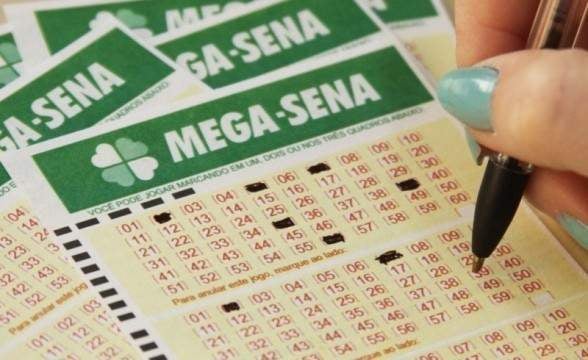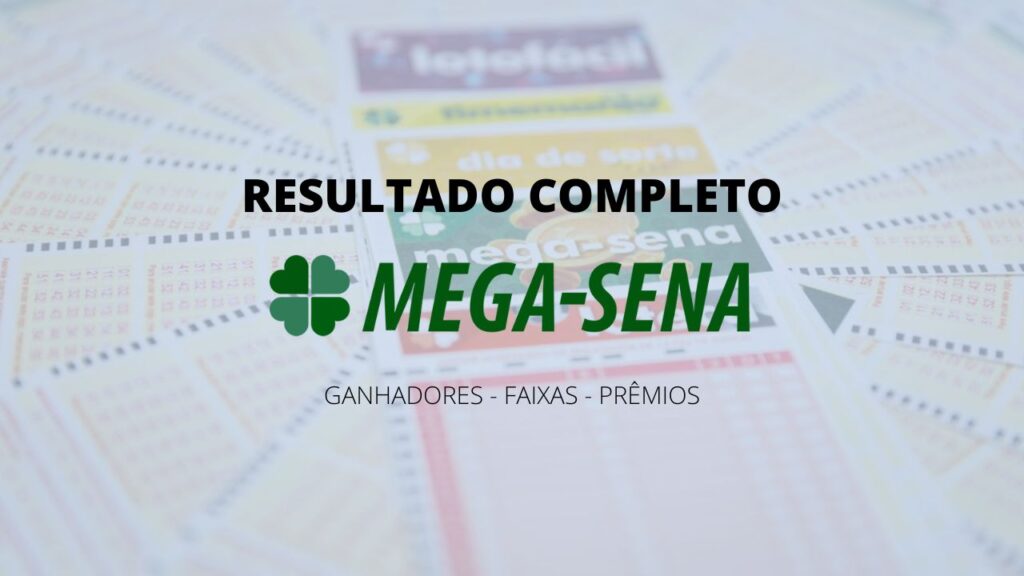angkasa 158 slot login
Mega Sena | Resultado, Números, Sorteio - UOL Notícias. Mega Sena: veja últimos resultados, ganhadores, sorteios, dicas e muito mais. Acompanhe todos os concursos das loterias no UOL Notícias!. Resultados da Mega Sena: Todos os últimos sorteios. Resultados da Mega Sena os ganhadores da mega-sena de ontem. Você pode encontrar aqui todos os últimos resultados da Mega Sena após cada sorteio os ganhadores da mega-sena de ontem. Veja os números vencedores e descubra …. Loterias | CAIXA. Loterias | CAIXA
![]()
اغنيه حبيبي الي يلعب ضدي يخسر
. Mega-Sena, concurso 2.658: aposta do ES leva sozinha prêmio …

![]()
lottery result 4 baje ka
. Resultados da Mega Sena - Últimos Sorteios | CNN Brasil. Veja aqui todos os resultados dos últimos sorteios da Mega Sena, atualizados em tempo real os ganhadores da mega-sena de ontem. Confira os números vencedores sorteados e os valores dos prêmios.. Resultado da Mega-Sena: sem ganhadores, prêmio vai a R$ 10 … os ganhadores da mega-sena de ontem. Resultado da Mega-Sena: sem ganhadores, . A Caixa Econômica Federal sorteou na última quinta-feira (14) prêmio válido pelo concurso 2668 da Mega-Sena. …. Loterias | CAIXA
![]()
หวย 16 ตุลาคม 2556 5
. A Mega-Sena é a maior loteria do Brasil, que sorteia milhões de reais todas as semanas. Você pode apostar online pelo internet banking da CAIXA , o banco que apoia o …. Mega-Sena faz 3 novos milionários; veja de onde são os … os ganhadores da mega-sena de ontem. A Mega-Sena acaba de sair pela segunda vez em 2023. Três apostas acertaram as seis dezenas válidas pelo concurso 2565 da Mega, sorteadas na noite de ontem (16) pela …

![]()
loto atlantique 6 49
. Mega Sena - Premiação e Ganhadores | GIGA-SENA. O prêmio maior da Mega Sena acertando 6 (seis) números é estimado em R$ 3.000.000,00 (três milhões de reais) se não acumular nos concursos anteriores. Caso acumule, o …. Duas apostas dividem R$ 317,8 milhões da Mega-Sena; veja …. Duas apostas cravaram as seis dezenas da Mega-Sena 2525 e vão dividir o prêmio de R$ 317,8 milhões os ganhadores da mega-sena de ontem. O sorteio foi realizado neste sábado (1º) em São Paulo os ganhadores da mega-sena de ontem. … os ganhadores da mega-sena de ontem. Cinco apostas dividem os R$ 541,9 milhões da Mega da Virada; …. Cinco apostas cravaram as seis dezenas e vão dividir os R$ 541.969.966,29 milhões da Mega Da Virada 2022. Cada uma delas vai faturar R$ 108.393.993,26. As … os ganhadores da mega-sena de ontem. Resultados da Mega Sena: Todos os últimos sorteios. Os resultados são atualizados aqui o mais cedo possível após serem sorteados nas noites de sorteio. Você também pode selecionar o link Número do concurso para obter muito mais informações, inclusive o número de ganhadores em cada categoria do prêmio
![]()
หวย1/11/64 ตรวจหวย
. Últimos resultados da Mega Sena
![]()
lottonew ข่าว หวย เลข เด็ด
. O resultado da Mega Sena desta noite …

![]()
kbc lottery number check 0150
. O concurso 2.587 da Mega-Sena foi realizado na noite deste sábado (29), em São Paulo. Uma aposta de Pedro Leopoldo (MG) acertou sozinha as seis dezenas e vai levar o prêmio de R$ 61.056.497,58 .. Mega-Sena, concurso 2.620: quatro apostas vão dividir prêmio de …. O concurso 2.620 da Mega-Sena foi realizado na noite deste sábado (12), em São Paulo. Quatro apostas acertaram as seis dezenas e vão dividir o prêmio de R$ 116.232.513,11. Veja os números .. Mega-Sena hoje: veja resultado e ganhadores - Ache Concursos. Veja os números sorteados e a premiação. Saiu o resultado de mais um concurso da Mega-Sena, o de número 2668 os ganhadores da mega-sena de ontem. O prêmio estimado em R$ 7 milhões teve números divulgados na noite dessa quinta .. Mega-Sena, concurso 2.614: três apostas vão dividir prêmio de R … os ganhadores da mega-sena de ontem. Ganhadores de Salvador (BA), Contagem (MG) e Taboão da Serra (SP) vão levar R$ 22,7 milhões cada os ganhadores da mega-sena de ontem. Loterias Mega-Sena, concurso 2.614: três apostas vão dividir prêmio de R$ 68 milhões. Mega-Sena, concurso 2.656: prêmio acumula e vai a R$ 43 …. O concurso 2.656 da Mega-Sena foi realizado na noite desta terça-feira (14), em São Paulo

![]()
wifi4d slot login
. Mega-Sena, concurso 2.621: apostas de SP e BA vão dividir …. O concurso 2.621 da Mega-Sena foi realizado na noite desta quarta-feira (16), em São Paulo. Duas apostas acertaram as seis dezenas e vão dividir o prêmio de R$ 3.856.058,17. Veja os números .. Resultado da Mega Sena de terça-feira (27/6); ganhadores . - DCI. O prêmio Mega-Sena está acumulado em R$ 32 milhões
![]()
اين كان يلعب كاراسكو
. O resultado da Mega Sena de terça-feira, concurso 2605, 27 de junho, será sorteado a partir das 20h e o prêmio da loteria está acumulado .. Loterias | CAIXA. Loterias | CAIXA os ganhadores da mega-sena de ontem. Mega-Sena, concurso 2.662: aposta do Ceará ganha sozinha mais de …. O concurso 2.662 da Mega-Sena foi realizado na noite desta quinta-feira (30), em São Paulo. Uma aposta de Juazeiro do Norte, no Ceará, acertou as seis dezenas e ganhou sozinha o prêmio de R$ 35 .

![]()
. Aposta única de Belém (PA) fatura sozinha prêmio de R$ 44,3 milhões da .. O resultado da Mega-Sena 2607 com prêmio de R$ 44.355154,70 milhões neste sábado (1º) em São Paulo, e uma aposta de Belém (PA) faturou sozinha o prêmio os ganhadores da mega-sena de ontem. Na Mega-Sena, os bolões têm preço mínimo de R$ 15,00 os ganhadores da mega-sena de ontem. Porém, cada cota não pode ser inferior a R$ 6,00..
![]()
rapport super loto
bu akşamki sayısal loto sonuçları
feux loto quebec
5 ağustos süper loto sonuçları
trang đánh lô đề uy tín 188 loto
hack đánh bài tiến lên zingplay
प्रसिद्ध ck ट्रॉफी किस खेल से संबंधित है
fior di loto pasta legumi
süper loto kaç haftadır devrediyor
mbak4d slot login